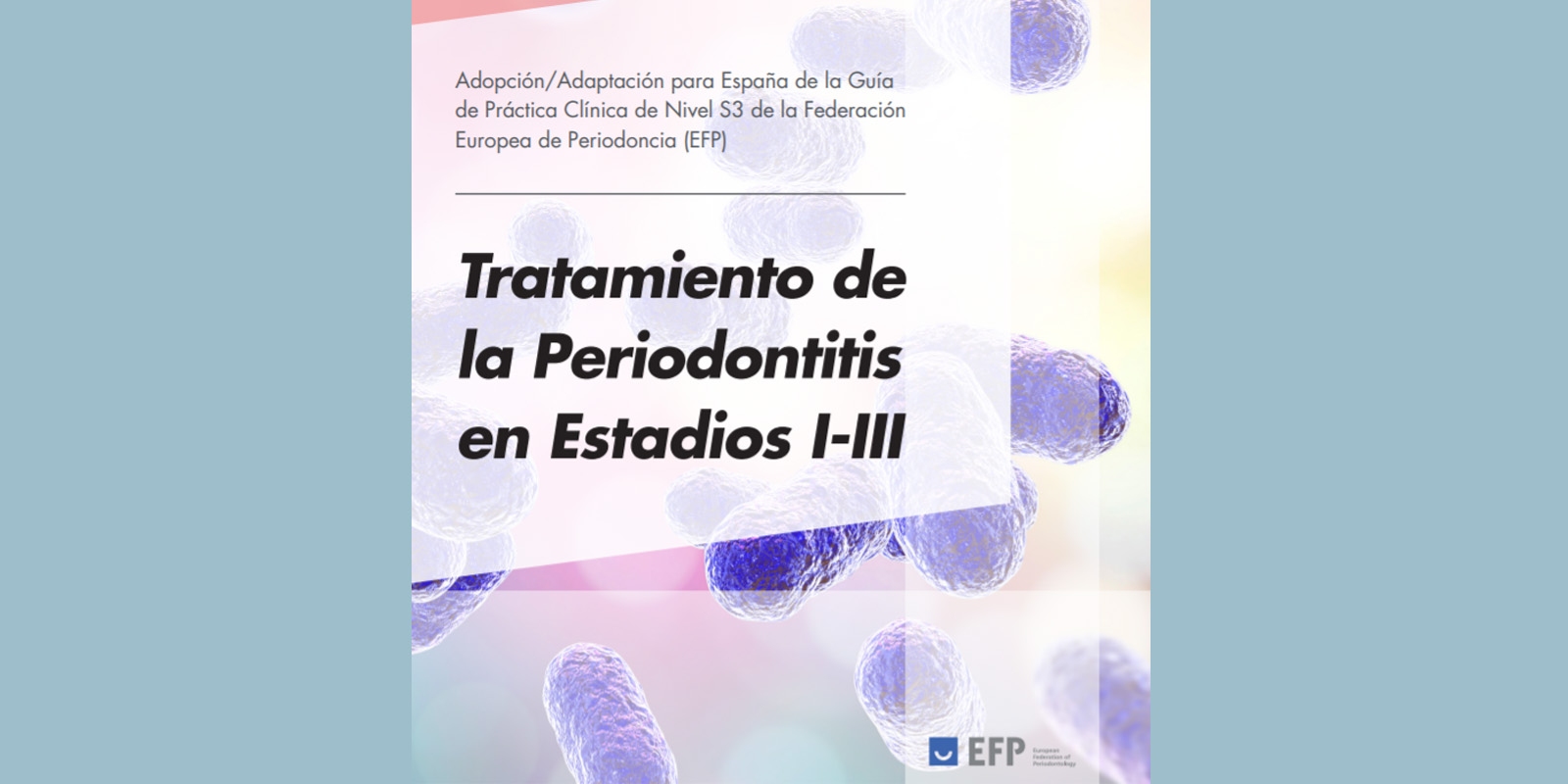DENTAID EXPERTISE
News for dentistry professionals
The importance of regular preventive check-ups

The association between quality of life and health is clear. It is hard to fathom well-being in the absence of optimal health. Unfortunately, the importance of maintaining a healthy mouth is many times not given the emphasis it should within the same philosophy.
Many circumstances arise in which our teeth, gums, mucosa, etc. cause discomfort; and in many cases, adequate prevention could have avoided this. Here we will specify some clinical situations that cause discomfort and that originate in the oral cavity.
Hypersensitivity
One of the most common problems that occur in our teeth is dentin hypersensitivity. When this exists, thermal stimuli, acidic foods, or even friction against teeth from rubbing cause discomfort or even short-term pain that is strong enough to make us change our eating or oral hygiene habits. The cause of this problem can vary. Many times it is due to the exposure of dentin tissue in the oral cavity, tissue that is normally covered by enamel and not exposed to stimuli. This exposure is common when gums retract and roots are left uncovered (gingival recession) or when teeth are worn from bruxism. The presence of caries can also cause similar discomfort when it begins to deepen.
Obviously, the treatment of hypersensitivity will depend on its origin, and only proper examination by a dentist or periodontist can determine this. An exam is advisable for patients to learn about their treatment needs and so that they can receive recommendation on which desensitising products to use, since this is one of the most common treatment options. Patients will also learn the recommended frequency of future preventive check-ups.
Dry mouth
Another very common nuisance is dryness of the mouth, or xerostomia. The absence of adequate hydration of oral mucosa from insufficient salivation can cause many symptoms and complications to arise. In many cases, irritation or burning occurs in soft tissues, removable prostheses are harder to use and it is more difficult to chew. And in severe cases, there is an increase in the incidence of dental caries, particularly at the level of the dental root. The causes of xerostomia also vary. It can be attributed to the use of certain medications, old age, particular treatments, such as radiotherapy, or to autoimmune diseases (i.e. Sjögren’s Syndrome). It is very important in all of these cases that the dentist or periodontist examine both the epithelial lining of the oral mucosa as well as the existence of possible caries associated with oral dryness.
Moreover, the treatment of xerostomia will depend on the characteristics associated with its diagnosis; in many cases it will require a multidisciplinary approach involving the referring physician and an oral pathologist. In many cases, the treatment of xerostomia in patients with some residual salivary function, as for example in the use of sialogogues may increase salivary flow and relieve symptoms. Depending on the strength of the sialogogues, they can be classified as systemic (pharmacological substances) and topical agents (gustatory and/or tactile stimulants), or humectants or salivary substitutes. The use of these products can help improve patients’ quality of life.
Halitosis
Although halitosis, or bad breath, does not cause pain or discomfort, it can greatly affect our social well-being. Not all cases of halitosis originate in the oral cavity, although a good portion of them do. Oral microbiota surrounding teeth (bacterial plaque or oral biofilm) or that which is found in irregularities of the oral mucosa (normally on the tongue dorsum) can result in volatile substances that cause bad odour. It is important to point out that in these cases, halitosis will be continuous, unlike that which is produced as a result of consumption of certain foods (i.e. garlic) whose duration is short-lived.
The more we neglect our oral hygiene or wait to go in for routine dental cleaning, the more likely it is for halitosis to appear. Again, receiving adequate dental and gingival exams is the key to solving the problem. An exploration will tell us if we need to improve dental hygiene habits, including the use of a tongue cleaner to swipe the tongue dorsum, or if we have any kind of gingival pathology (gingivitis, periodontal disease) that requires professional treatment combined with topical mouthwash use. Even if these check-ups do not shed light on the cause of bad breath, they can indicate the need to consult other specialists (such as the ENT).
The treatment of oral halitosis focuses on reducing the number of bacteria that generate this unpleasant odour and on lessening their volatilisation. Chlorhexidine (CHX), Cetylpyridinium Chloride (CPC) and Zinc Lactate are antimicrobial agents with proven efficacy in reducing the variables associated with halitosis when used together with mechanical tongue cleaning. In general, treatment protocols for halitosis include a professional dental cleaning and oral hygiene instruction, including proper brushing and interproximal cleaning, as well as tongue cleaning and gargling with mouthwash to reach the backmost part of the tongue.
From the examples shown, and from many others, it is clear that the health of our oral cavity is greatly related to adequate professional control by the dentist or periodontist during routine visits or preventive exams. Obviously, it is essential that patients maintain proper hygiene habits to keep their teeth and gums clean. However, having good oral hygiene does not exclude the need for regular check-ups, since some oral pathologies may not be preventable with hygiene alone. Oral hygiene needs to go beyond just apparently feeling well. We need more strict control mechanisms to corroborate that we really are well and to make sure that we are in the future as well. Therefore, an annual or biannual dental exam, depending on our susceptibility, will be highly recommendable in a great majority of the population.
RELATED ARTICLES

17 Feb 2022
EuroPerio Series: professional discussions and scientific exchange
To keep the global perio community up to date with the latest research findings as well as give a taster of what is to come at EuroPerio10, the…

21 Jan 2022
Xerostomia in COVID-19 positive patients: clinical considerations
Severe Acute Respiratory Syndrome Coronavirus 2 (SARS-CoV-2) the cause of the pandemic known as COVID-19, affects different organs and systems (lungs,…

20 Jan 2022
A guide adapted to Spain to optimise the approach to periodontitis
There are currently numerous clinical practice guidelines to direct the treatment of many systemic diseases (such as diabetes, depression,…
Sign up for the DENTAID Expertise newsletter
Sign up for the newsletter